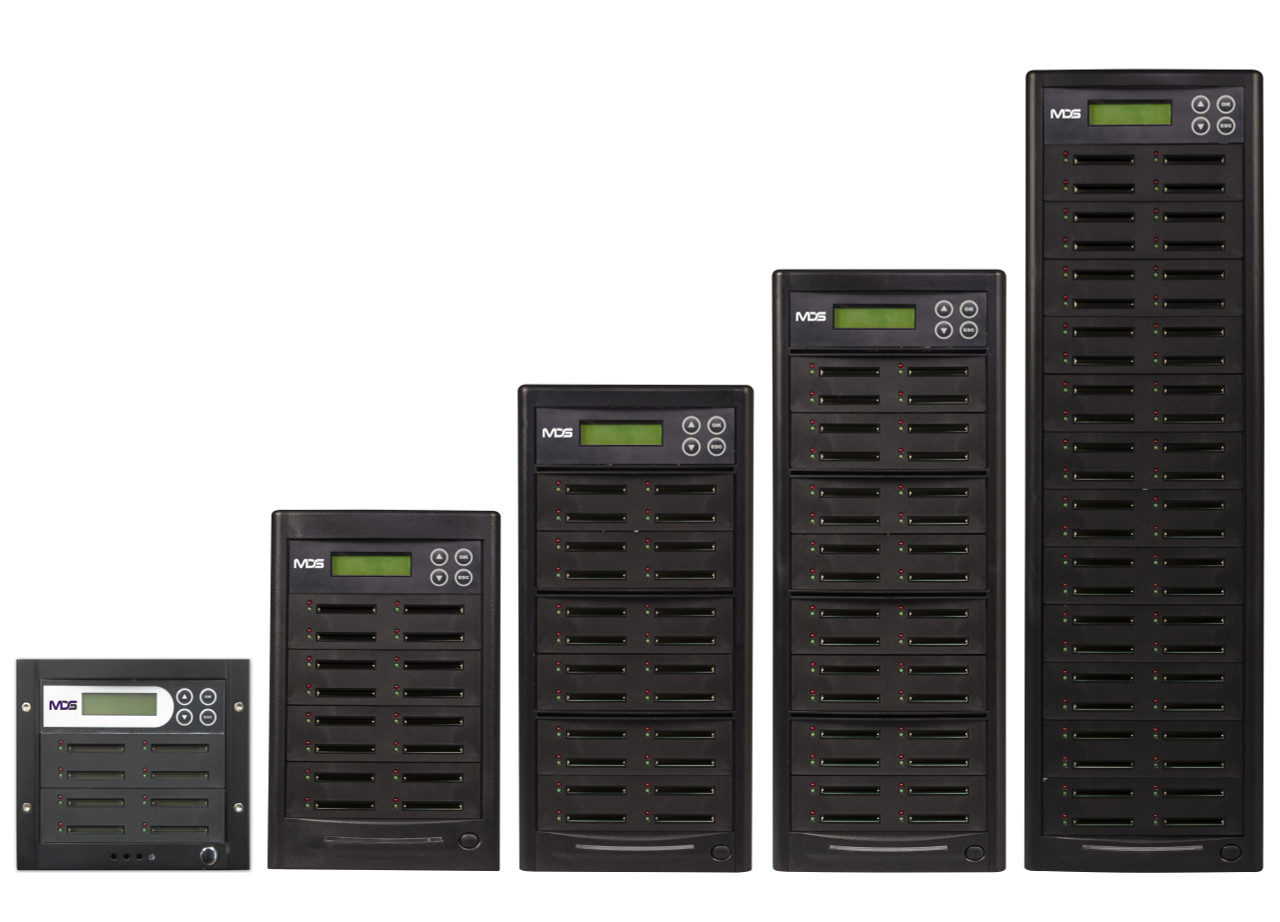What Is a CD Duplicator Machine? A Comprehensive Guide

In the digital age, physical media may seem like a relic of the past, yet the demand for CDs persists in various industries. From music production to data storage, CD duplicators play a vital role. But what exactly is a CD duplicator machine, and how does it function? In this article, we’ll explore the ins and outs of CD duplicators, their types, benefits, and applications, providing you with a complete understanding of this essential tool.
Understanding CD Duplicators
A CD duplicator machine is a device designed to produce multiple copies of CDs quickly and efficiently. These machines can replicate both audio and data CDs, making them invaluable for businesses and individuals looking to distribute their content.
How CD Duplicators Work
The core function of a CD duplicator is to read data from a master CD and then create duplicates. Here’s a simplified breakdown of the process:
1. **Master CD**: The original disc containing the data or audio you want to copy.
2. **Read Process**: The duplicator reads the information from the master CD using a laser.
3. **Write Process**: The duplicator then uses laser technology to write that data onto blank CDs.
4. **verification**: Some advanced duplicators verify the data integrity to ensure that each copy is an exact replica of the original.
Types of CD Duplicators
CD duplicators come in various types, catering to different needs and scales of production. Here are the most common types:
1. **Standalone Duplicators**: These machines operate independently without the need for a computer. They typically have a user-friendly interface and are suitable for small to medium production runs.
2. **Computer-Based Duplicators**: These systems connect to a computer, allowing users to manage multiple tasks, such as labeling and organizing files. They are ideal for larger productions where flexibility and control are required.
3. **Blu-ray and DVD Duplicators**: Some duplicators are capable of duplicating multiple formats, including DVDs and Blu-rays. These versatile machines are great for companies that need to produce various types of media.
4. **Industrial Duplicators**: Designed for high-volume production, industrial duplicators can replicate thousands of CDs in a short time. They often feature advanced technology for faster processing and greater efficiency.
### Benefits of Using CD Duplicators
Using a CD duplicator machine offers numerous advantages:
– **Cost-Effective**: Producing multiple copies in-house reduces costs compared to outsourcing duplication services.
– **Speed**: CD duplicators can create several copies in minutes, significantly speeding up the production process.
– **Quality Control**: Duplicators often have built-in quality checks, ensuring that each copy meets the required standards.
– **Customization**: Users can customize their CDs with labels and covers, providing a professional appearance.
– **Flexibility**: CD duplicators can handle various formats and data types, allowing users to adapt to different project needs.
### Applications of CD Duplicators
The versatility of CD duplicators makes them suitable for a wide range of applications:
1. **Music Production**: Musicians and record labels frequently use CD duplicators to produce albums and promotional materials.
2. **Data Storage**: Businesses often rely on CD duplicators for backing up data or distributing software and digital content.
3. **Marketing and Promotion**: Companies can create promotional CDs containing marketing materials, presentations, and videos for potential clients.
4. **Educational Materials**: Schools and universities use CD duplicators to distribute educational content, including lectures and instructional materials.
5. **Event Giveaways**: Events and conferences often include CDs with presentations or recorded sessions, making duplicators essential for quick production.
Choosing the Right CD Duplicator
When selecting a CD duplicator, consider the following factors:
1. **Volume Requirements**: Assess your production needs. If you require high-volume output, an industrial duplicator may be necessary.
2. **Budget**: Prices can vary significantly. Determine how much you’re willing to invest and explore options within that range.
3. **Features**: Look for features such as built-in labeling, speed, and additional format compatibility (like DVD or Blu-ray).
4. **Ease of Use**: Choose a machine with an intuitive interface, especially if multiple users will operate it.
5. **Support and Warranty**: Consider the manufacturer’s support services and warranty options for peace of mind.
### Maintenance Tips for CD Duplicators
To ensure your CD duplicator remains in good working condition, follow these maintenance tips:
– **Keep It Clean**: Regularly clean the laser lens and exterior surfaces to prevent dust buildup.
– **Use Quality Discs**: Always use high-quality blank CDs to ensure optimal performance and reduce the risk of errors.
– **Update Firmware**: Manufacturers often release firmware updates to enhance performance or fix bugs. Keep your machine updated.
– **Monitor Usage**: Track how often the duplicator is used and schedule regular maintenance checks to catch potential issues early.
Conclusion
A CD duplicator machine is an invaluable tool for anyone needing to create multiple copies of CDs efficiently and effectively. With various types available, each suited for different needs, and numerous applications ranging from music production to data storage, understanding what a CD duplicator is and how it works can help you make informed decisions. By investing in the right duplicator, you can streamline your production processes, maintain quality control, and ultimately save time and money. Whether you’re a musician, a business owner, or an educator, a CD duplicator can enhance your content distribution capabilities and ensure your media reaches its audience.
